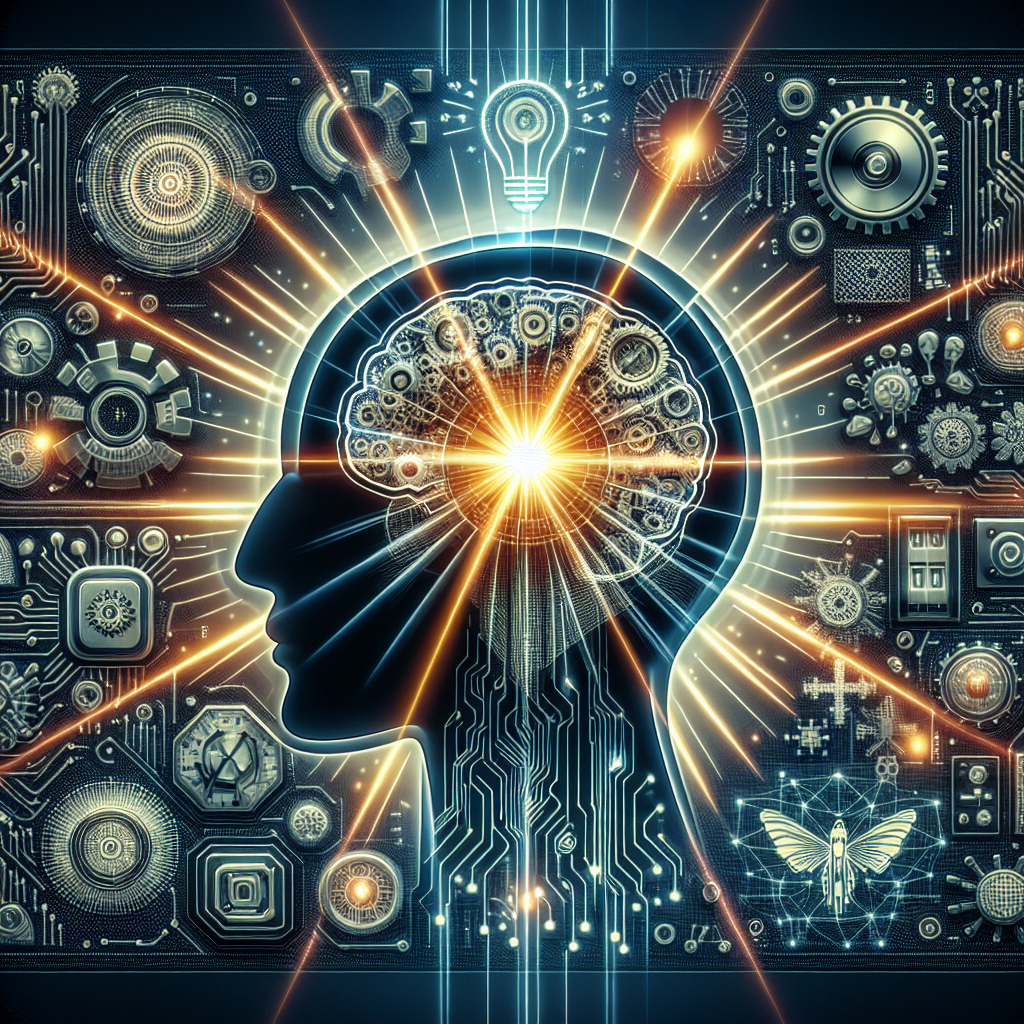Artificial General Intelligence (AGI) is a concept that has long been the holy grail of artificial intelligence research. Unlike narrow AI, which is designed for specific tasks and functions, AGI aims to replicate human-level intelligence across a wide range of cognitive abilities. While narrow AI has made significant advancements in recent years, AGI has remained elusive, with many experts believing that achieving true AGI could revolutionize technology and society in ways we can’t even imagine.
In this article, we will explore the potential of AGI to be a game-changer in technology, and how unleashing its capabilities could shape the future of humanity. We will also address some frequently asked questions about AGI and its implications.
The Potential of AGI
The potential of AGI is vast and far-reaching. Imagine a machine that can reason, learn, and adapt just like a human. Such a system could revolutionize industries such as healthcare, finance, transportation, and more. AGI could automate complex decision-making processes, analyze vast amounts of data in real-time, and even create new knowledge and insights that were previously unimaginable.
One of the key advantages of AGI is its ability to generalize knowledge and skills across different domains. Unlike narrow AI systems, which are often limited to specific tasks, AGI could transfer knowledge and skills from one domain to another, allowing it to learn new tasks and adapt to new environments with ease.
Another advantage of AGI is its potential for creativity and innovation. AGI systems could generate new ideas, solutions, and inventions that humans may never have thought of. This could lead to breakthroughs in science, technology, and art that could shape the future of humanity.
AGI also has the potential to enhance human capabilities. By working alongside humans, AGI systems could augment our cognitive abilities, helping us solve complex problems, make better decisions, and achieve our goals more efficiently. This could lead to a new era of collaboration between humans and machines, where the strengths of both are combined to achieve greater results.
Unleashing the Potential of AGI
Despite the vast potential of AGI, there are still many challenges that need to be overcome before we can unleash its capabilities. One of the biggest challenges is developing AI systems that can truly understand and reason like humans. While narrow AI systems excel at specific tasks, they often lack the ability to generalize knowledge, adapt to new situations, and understand context.
Another challenge is ensuring the safety and reliability of AGI systems. As AI becomes more powerful and autonomous, there is a growing concern about the potential risks and unintended consequences of AGI. For example, an AGI system that is not aligned with human values and goals could pose a threat to society and humanity as a whole.
To unleash the potential of AGI, researchers and developers must address these challenges and work towards creating AI systems that are safe, ethical, and beneficial for humanity. This requires collaboration between experts in AI, ethics, and policy, as well as transparency and accountability in AI research and development.
FAQs about AGI
Q: What is the difference between AGI and narrow AI?
A: AGI aims to replicate human-level intelligence across a wide range of cognitive abilities, while narrow AI is designed for specific tasks and functions.
Q: How close are we to achieving AGI?
A: While significant progress has been made in AI research, true AGI remains elusive. Some experts believe we are still several decades away from achieving AGI.
Q: What are the potential risks of AGI?
A: There are concerns about the safety, reliability, and ethical implications of AGI. If not properly aligned with human values and goals, AGI could pose a threat to society and humanity.
Q: How can we ensure the safety and reliability of AGI?
A: Researchers and developers must prioritize safety, ethics, and transparency in AI research and development. This includes designing AI systems that are aligned with human values and goals, as well as implementing safeguards and oversight mechanisms.
Q: What are some potential applications of AGI?
A: AGI could revolutionize industries such as healthcare, finance, transportation, and more. It could automate complex decision-making processes, analyze vast amounts of data in real-time, and even create new knowledge and insights.
In conclusion, Artificial General Intelligence has the potential to be a game-changer in technology, revolutionizing industries, enhancing human capabilities, and shaping the future of humanity. While there are still challenges to overcome, the possibilities of AGI are endless, and it is up to us to ensure that we unleash its capabilities in a safe, ethical, and beneficial way.

